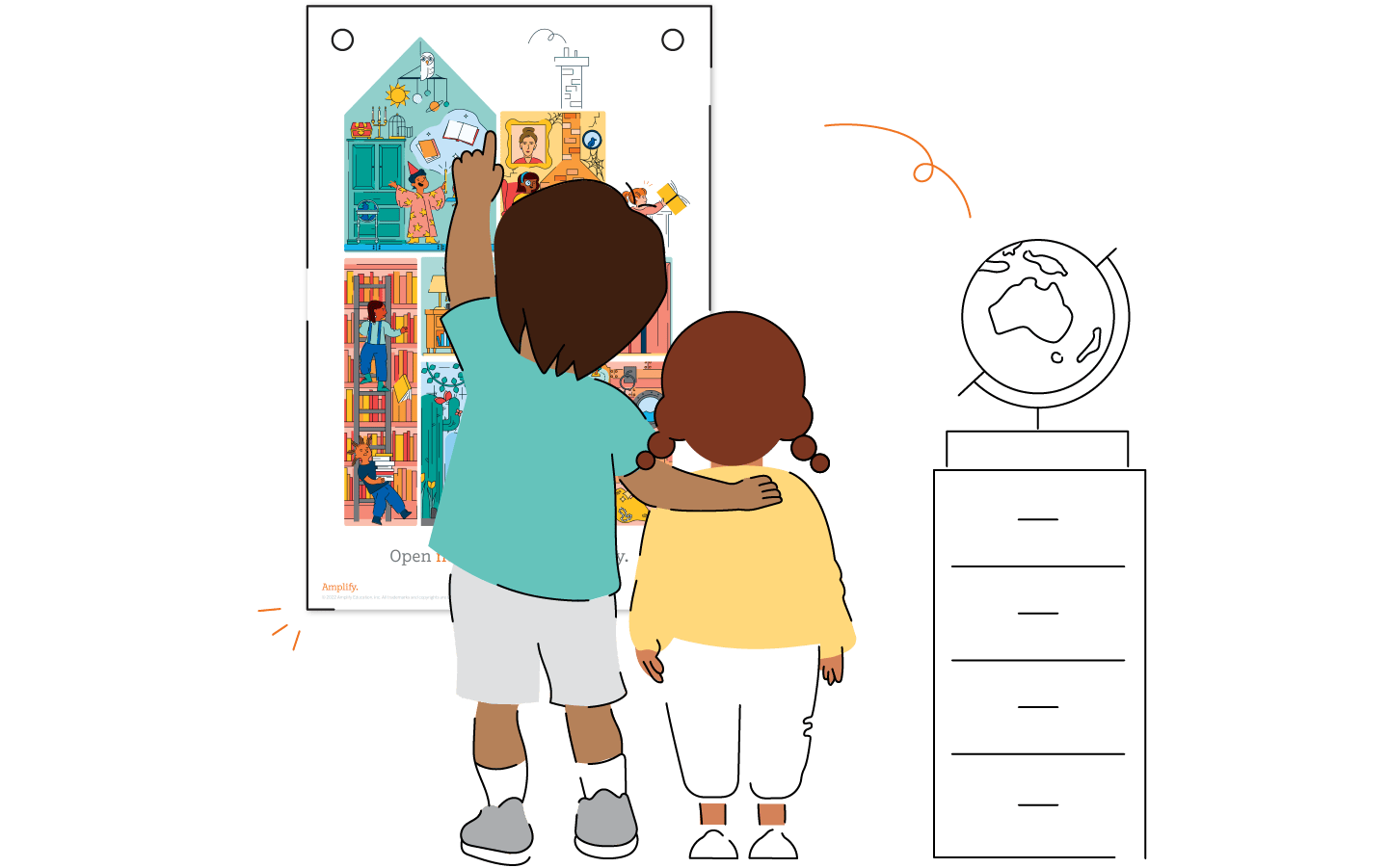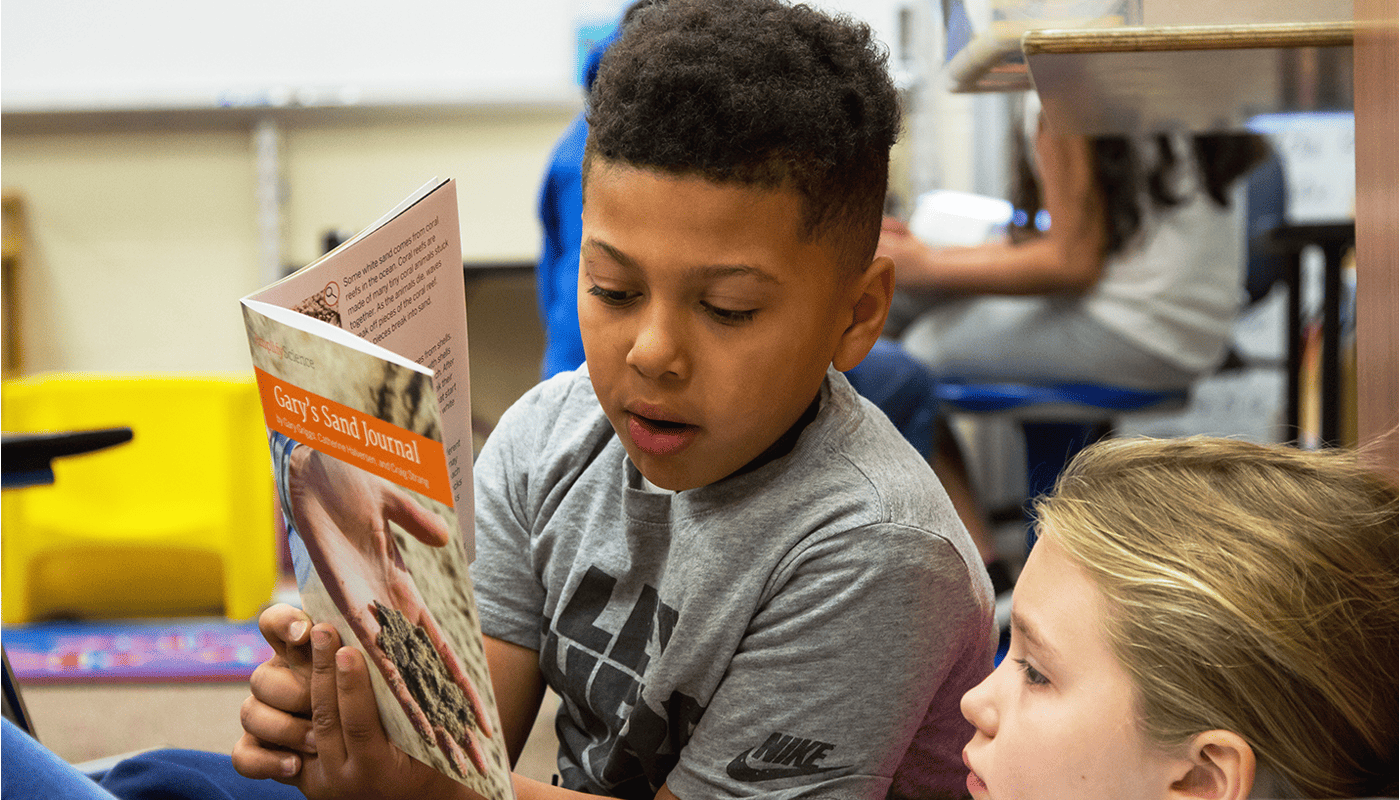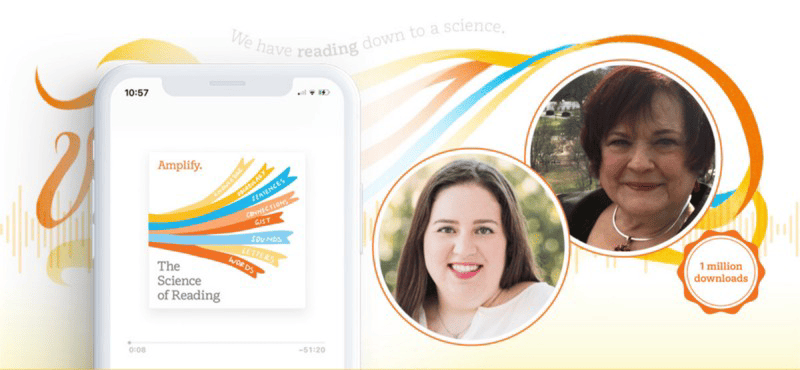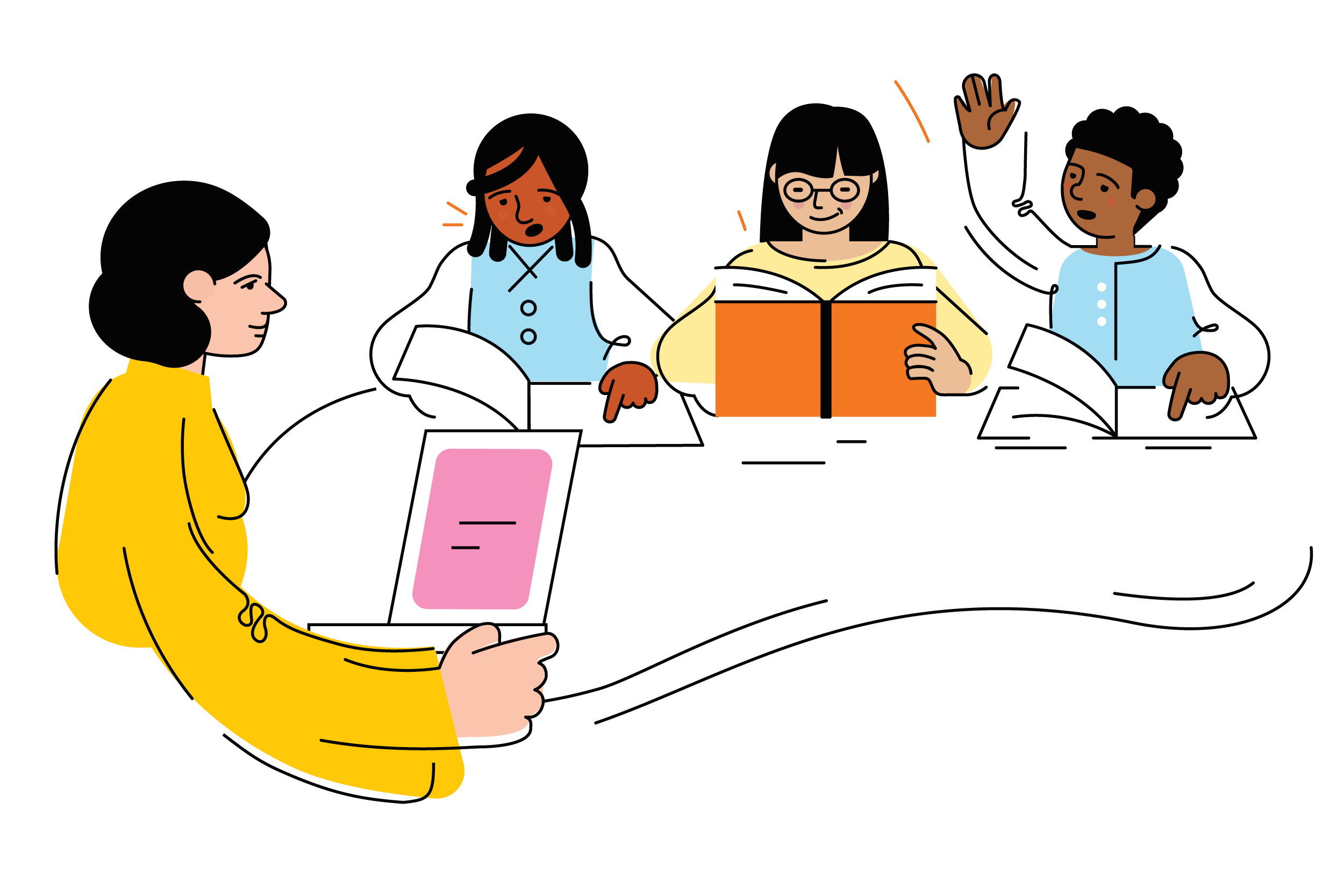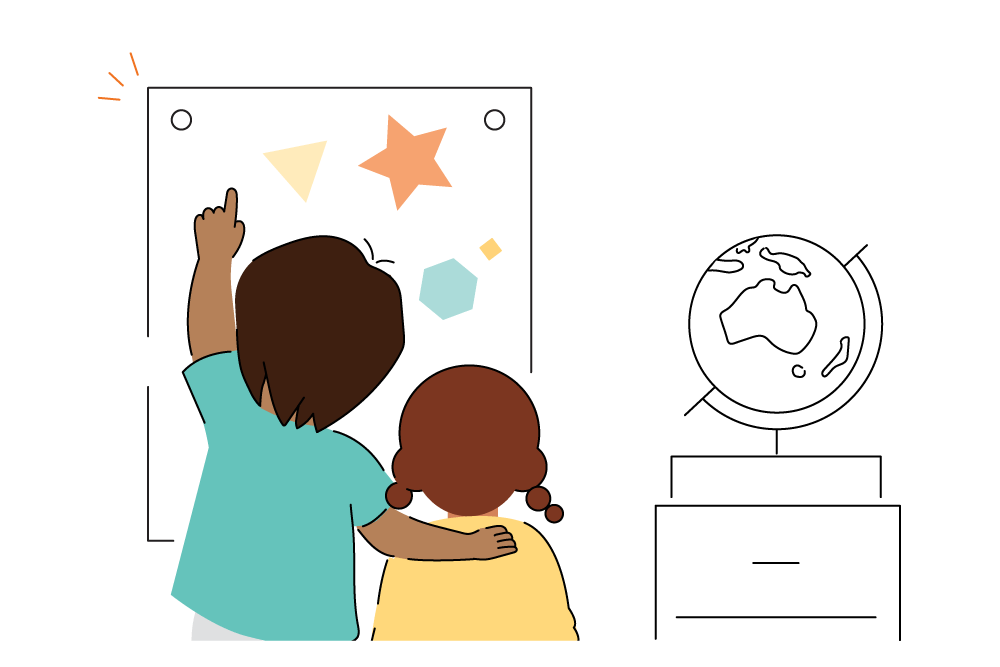
If you’re reading this post, you have something to be thankful for: Literacy.
Thankful for what literacy opens up
We’re thankful for literacy and what it provides for students of all backgrounds: challenge, confidence, curiosity, the chance to explore infinite worlds—in short, the capacity to participate in life. Every academic subject is essential, but it’s literacy that unlocks them all.
That’s why we’re launching the Thankful for Literacy Campaign, and we hope you’ll join us in sharing why you’re thankful for literacy!
Read on for more reasons to be thankful for language and literacy.
Thankful for the Science of Reading
As educators, we’re thankful that we get to witness those magical moments of understanding—when a child’s eyes on a page widen, when you can see it click into place on their face.
And we’re also thankful that every day we understand more of the science behind that magic: the Science of Reading. The Science of Reading refers to the pedagogy and practices proven by extensive research to effectively teach children how to read.
What’s the bottom line? We now know that in order to extract meaning from text, you need to both convert written words into speech (decoding) and understand that speech (language comprehension). A strong Science of Reading curriculum helps students do both.
On average, it takes a child two or three years to learn to decode English. It’s the toughest alphabetic writing system in the world. Thankfully, our brains are like muscles—we can grow them with practice. Kids don’t know that that’s what’s happening, but they can feel it, and it shows. Just like a scientist’s scan of their brain activity, students’ eyes light up when they see random lines turn into letters and words.
We’re thankful that science has helped us break that process down, helping us make literacy accessible to all students. When literacy is accessible to people, so is the world.
Thankful for literacy as equity
We believe every kid is capable of becoming a skilled reader. And we know that early reading affects achievement throughout school, and beyond.
For us, that belief is more than just a nice idea: It’s a foundation for action and a call for high-quality instructional materials that give every student the same opportunity, and further literacy support when needed.
We’re thankful for the understanding that literacy depends on knowledge. Imagine the lives we can change and the world we can build when we expose students to a diverse array of new topics—spanning history, science, literature, culture, and the arts—all building a rich common knowledge base from which all students can draw.
And that’s why we’re thankful for educators who devote their energy and resources to helping students build a solid literacy foundation—one that supports good learning outcomes and sparks reading joy as an end in itself. We’re so thankful for all those moments: when a student sees themselves reflected in a text, and when they experience an entirely new world.
Literacy means understanding on so many levels, connection to other people and places, and access to both success and joy.
Thank you for letting us help.
